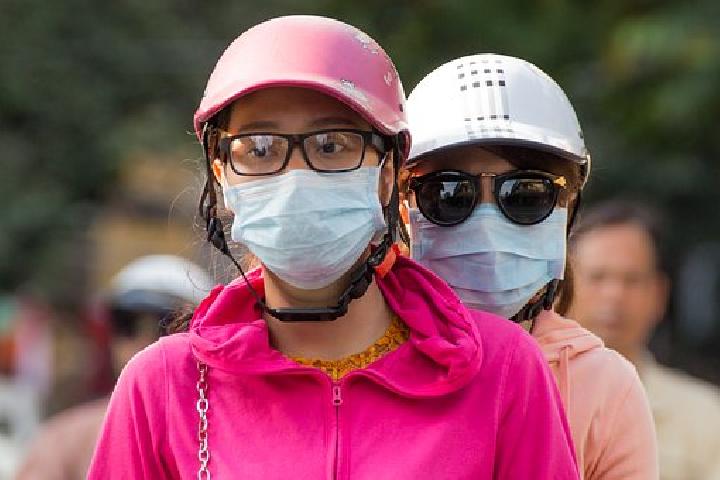Red Meat Linked to Increased Stroke Risk
Translator
Editor
Kamis, 1 Januari 1970 07:00 WIB

TEMPO.CO, Jakarta - Red meat – but not other types of protein - is linked to an increased stroke risk, and the odds go up the more meat people eat, a recent study suggests.
Researchers analyzed data on about 11,000 middle-aged people who didn’t have other risk factors for strokes such as diabetes or heart disease, and followed half of them for around 23 years.
The people in the study who consumed the most red meat had a 47 percent higher risk of ischemic stroke – caused by blockages in blood vessels supplying the brain - than those who typically ate the smallest amount of red meat. Protein from poultry, seafood or vegetable sources like nuts and legumes wasn’t associated with any added risk.
Even though some previous research has linked high-protein diets to strokes, the results have been mixed and the current study helps solidify the evidence suggesting that red meat in particular may pose a danger, said lead study author Dr. Bernhard Haring of the Comprehensive Heart Failure Center at the University of Wurzburg in Germany.
“It’s ok to eat red meat – preferably lean red meat – as long as you limit the amount,” Haring said by email.
To assess the link between protein consumption and stroke risk, Haring and colleagues reviewed data from diet questionnaires completed by U.S. residents aged 45 to 64 starting in 1987 and followed them through 2011 to see how many people had strokes.
The study participants were divided into five groups based on how much protein and what type they consumed. For instance, the bottom-fifth averaged about 49 grams of protein a day, representing less than 13 percent of total calories. The top-fifth averaged 93 grams of protein a day, representing 23 percent of total calories.
Compared to participants with high protein consumption, those who ate less protein on average at the start of the study were more likely to be black, current smokers and less likely to have high school diplomas or a regular exercise routine. The people who ate less protein were also less likely to be obese or take cholesterol-lowering medications.
There were no major differences in age gender, or total calories consumed among participants who ate different amounts of protein.
During a median follow-up of 22.7 years, there were 699 strokes among 11,601 participants.
The highest intake of processed meats like bacon, sausage and jerky was linked to a 24 percent higher risk of strokes, while the highest consumption of red meat was tied to a 41 percent increased risk, compared to people in the bottom-fifth for consumption of those items.
When the researchers looked just at men, the highest consumers of red and processed meats had a 62 percent higher stroke risk than men who ate the least.
Eating more eggs was linked to a 41 percent greater risk of hemorrhagic strokes, a less common type that is caused by a ruptured blood vessel in the brain. But only red meats were tied to ischemic strokes, the most common kind.
One limitation of the study is that researchers only had data on protein intake at two points in time, which the authors acknowledge might fail to account for changes in eating habits over the years.
Because the study was based on observation only and didn’t randomly assign some people to eat red meat while others abstained, it isn’t possible to determine how diet changes might help reduce the risk of future strokes, noted Dr. Jennifer Dearborn-Tomazos, a neurology researcher at Yale University School of Medicine in New Haven, Connecticut.
It’s possible, for example, that people who eat a lot of red meat also do other things that increase the risk of strokes, like not eating enough vegetables, Dearborn-Tomazos, who wasn’t involved in the study, said by email.
Even so, the study findings linking red meat to stroke risk after accounting for how much fat, carbohydrates and fiber people consumed supports traditionally held beliefs that red meat and saturated fats may increase the risk of cardiovascular disease, she said.
“This study really tells us that what we eat matters for our future cardiovascular health,” Dearborn-Tomazos said.
REUTERS




















